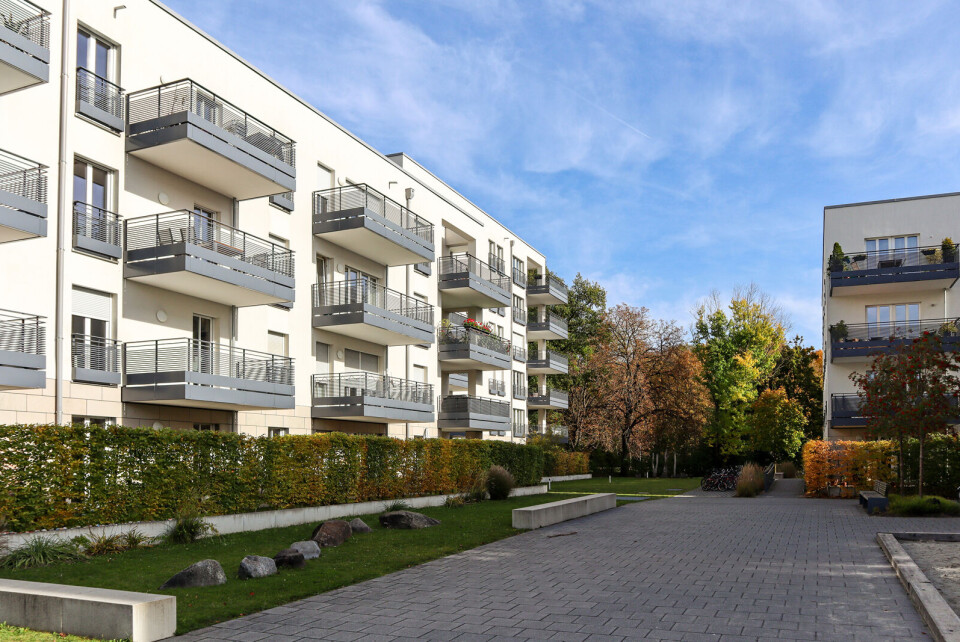-
Why your home insurance in France is likely to increase
Climate change-related claims cost more than €5 billion last year
-
New anti-cruise passenger tax could affect UK-France ferries
The proposed amendment ‘does not clearly distinguish cruise ships from ferries’, says minister
-
Property vs capital investments in France – which is better?
There are pros and cons to both ways of making your money work
French buy-to-let scheme is changing but 'don’t rush to invest now’
The Pinel scheme, launched in 2014, is one of a number of initiatives to reduce housing shortages in France and offers tax refunds to investors on property built for the rental market

Changes to the Pinel property investment scheme have been announced by the housing minister – but an expert has warned against a rush to buy by the end of 2022 to capitalise on existing benefits.
Almost all the properties involved are flats and many were purpose built to take advantage of the Pinel incentives.
Unlike previous schemes, they had to be in designated towns where property shortages had been identified, rents on the flats were controlled, and priority for the flats was given to low-income tenants.
The scheme is not without pitfalls
Some flats were sold well above market prices to investors who looked only at the tax advantages and not at the property market in the area and who then found it difficult to find renters at the levels they expected.
Investment limits are a maximum of €300,000 a year, and the price paid for the flats could not exceed €5,500 per m².
Promoters and banks put together packages where it was possible to borrow to invest when people did not have, or were unwilling to invest, the full amount.
Investment adviser Yves Mazin, of consultants Version Patrimoine in Bordeaux, told The Connexion there was a consensus that people should not rush to buy next year before the present scheme ends.
“Undoubtedly, it will be a sales argument for some investors, but investing in property is a long-term commitment, and in the long term the tax breaks are less important than they can first appear,” he said.
“Without the fundamentals of buying an attractive property in an area where there is a strong rental market, no tax breaks due to the Pinel law, or the laws which, no doubt, will follow it, will allow the investment to reach its full potential.” The tax rebates were 12%, 18% and 21% for owners who signed up to receive controlled rents for six, nine and 12 years respectively.
From 2023, tax rebates will be reduced to 10.5%, 15% and 17.5%, and then reduced again in 2024 to 9%, 12% and 14%
For investors, this means they had, from the time of the announcement in October, 14 months to buy under existing conditions.
Housing minister Emmanuelle Wargon said the present higher tax rebates will be kept for investments where new standards relating to the size of the flats, ecological construction standards, and the presence of a balcony or other outside space, were applied.
Priority housing areas will also be exempt from the changes.
These same environmental standards will form the basis of the Pinel+ scheme, which will come into force in 2024.
Related stories
‘Licence to rent’ aims to stop slum landlords and revive town centres
What is France Rénov’ aid scheme – can I use it to renovate my house?
French housing minister sparks debate over future of detached houses
























